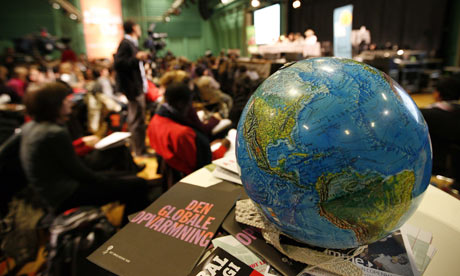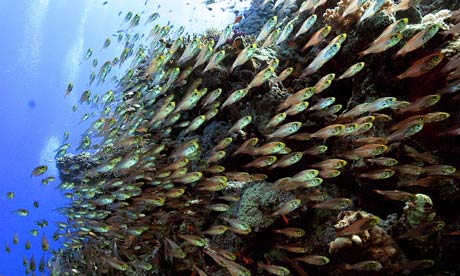
Protestors in Seattle warned us what was coming, but we didn’t listen
Protesters in Seattle warned us what was coming, but we didn’t listen
Copenhagen must face up to the decade lost in curbing volatile finances, corporate power and the pillage of resources
-
- guardian.co.uk, Sunday 13 December 2009 21.00 GMT
- Article history
Ten years ago, protesters gathered in a port city; politicians arrived for intense backroom negotiations; the city’s hotels were booked out by representatives of thousands of NGOs from all over the world. In 1999 Seattle, like Copenhagen this week, was a big international meeting attempting to exert some governance over globalisation. There’s a fitting symmetry that these two meetings bookend this decade. For while the Seattle protests were deliberately misrepresented and widely misunderstood at the time, their agenda has proved unanswerable. Copenhagen is belatedly grappling with just one aspect of Seattle’s unfinished business.
For those for whom Seattle is a hazy memory, let’s recap. The World Trade Organisation had become the bete noire of a heterogeneous global coalition bizarrely labelled as the anti-globalisation movement. The WTO meeting to hammer out an international trade agreement became the touchstone for riots, and a draconian police response of teargas and truncheons. Seattle made it on to the front page of every newspaper. Some Starbucks windows were smashed; the protesters were ridiculed for their taste in lattes, Naomi Klein’s No Logo and their trendy crusades against brands such as Nike. For a decade Seattle has been dismissed as illogical, self-indulgent posture politics that, not surprisingly, went nowhere.




